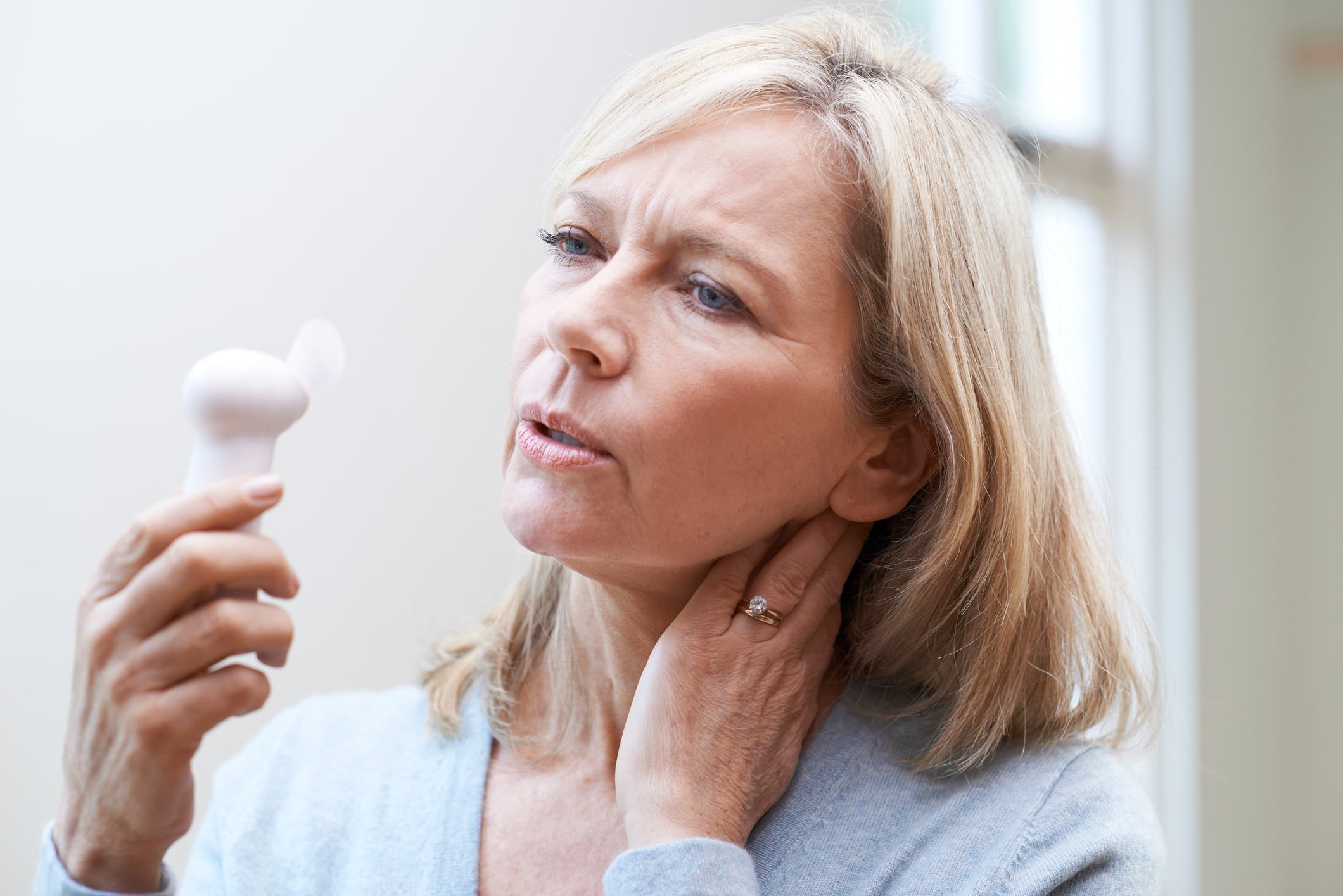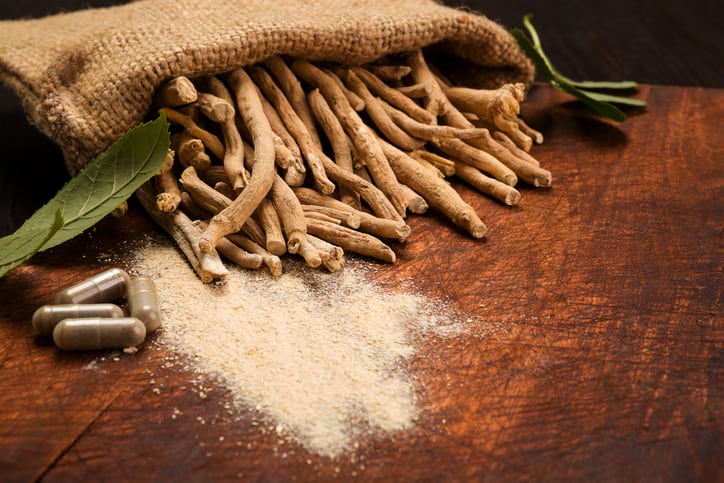Data published in the Journal of Obstetrics and Gynaecology Research indicated that the ashwagandha root extract led to significant improvements in hot flashes and night-time sweating for the women after eight weeks of supplementation. Improvements in psychological measures such as depressed mood, irritability, and anxiety were also reported, compared with placebo.
“The results of this 8-week trial provide preliminary evidence that ashwagandha root extract is safe and effective in alleviating the climacteric symptoms in perimenopausal women,” wrote the authors, led by Sriram Gopal from the D Y Patil University School of Medicine in Navi Mumbai, India.
Demand
According to a monograph from the American Herbal Pharmacopoeia (AHP), the herb has a history of use in ayurvedic medicine that dates back as much as 4,000 years to the teaching of renowned scholar Punarvasu Atreya, and in subsequent works that make up the ayurvedic tradition. The name of the herb derives from Sanskrit, and means “smells like a horse”, which refers to the strong smell of the root which is said to be redolent of horse sweat or urine.
According to HerbalGram’s Herb Market Report, sales of herbal supplements with Ashwagandha (Withania somnifera) hit $31.7 million in the US Mainstream Multi-Outlet Channel for 2020, an increase of 185% over the previous year. An additional $13.5 million in sales were reported from the Natural Channel (an decrease of 1.2% from 2019).
The study adds to the ever-growing body of data supporting the potential benefits of Ashwagandha, which already include supporting a healthy response to stress, cognitive function, sleep, metabolic wellness, adrenal function, sports performance, and more.
Commenting on the new paper, Kartikeya Baldwa, CEO of Ixoreal Biomed Inc, the marketer of KSM-66, said: “Ashwagandha is classified as a Rasayana, an agent that helps in promoting health and longevity and enhance mental and physical strength. However, there is a paucity of research that reported the beneficial effects of Ashwagandha in climacteric symptoms. This is the first clinical study that supports the traditional claim that Ashwagandha supports natural menopausal relief and aids healthy aging in women.
“From the scientific literature, we know that Ashwagandha has been used as a rejuvenator and a revitalizer to promote better health in individuals,” added Baldwa. “Ashwagandha is one of the few herbs with significant effects on both psychological and physical well-being in humans. The present study bolsters the clinical usage of KSM-66 Ashwagandha as a natural climacteric symptoms reliever.”
Study details
The researchers recruited 100 women aged between 45 and 55 to participate in the randomized double-blind placebo-controlled study. The women were randomly assigned to receive either 600 mg per day of the ashwagandha root extract or placebo for eight weeks.
For the 91 women who completed the study, the data showed that women in the ashwagandha group experienced statistically significant reductions in scores on the menopause rating scale (MRS), a widely used self-reported questionnaire for evaluating the severity of aging and perimenopausal symptoms.
“For the MRS scale, the clinical relevance of the observed changes was determined through the MCID (minimal clinically important differences) value,” explained the researchers. “The MCID value of 3.2 (Reference range = 4–7) was obtained for the ashwagandha group compared to 1.6 in the placebo group; thus, establishing the clinical efficacy of the supplement.”
Specifically, the researchers noted that the number of hot flashes per week was reduced greatly, and the serum estradiol level was restored to normal.
“The mechanism by which ashwagandha helps to alleviate perimenopausal symptoms could be a reduction in psychological symptoms and an increase in serum estradiol levels,” wrote the researchers. “Overall, the findings of the study have been positive, however, further investigations into the benefits of ashwagandha in a larger clearly defined population will be important to conduct in future trials.”
Source: Journal of Obstetrics and Gynaecology Research
Published online ahead of print, doi: 10.1111/jog.15030
“Effect of an ashwagandha (Withania Somnifera) root extract on climacteric symptoms in women during perimenopause: A randomized, double-blind, placebo-controlled study”
Authors: S. Gopal, et al.





